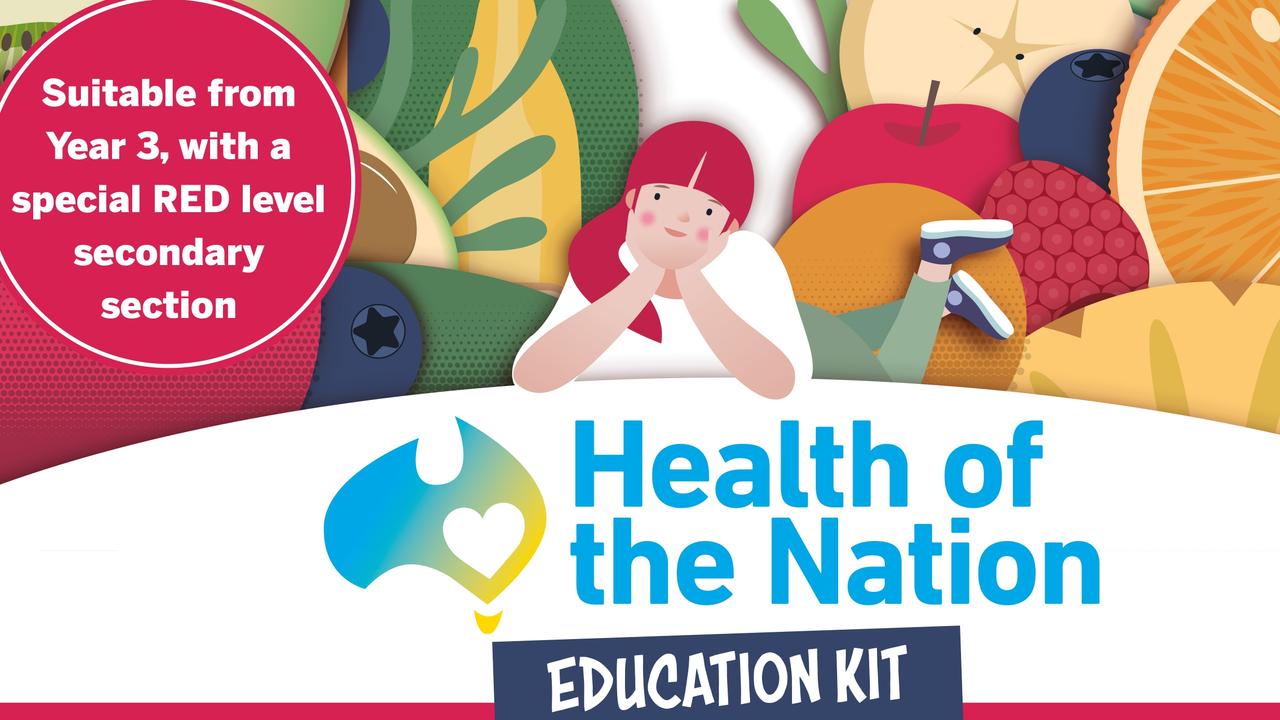Health of the Nation 2024: Strong teeth are important for your overall health
Part 7: Brushing your teeth twice a day and eating the right foods to grow strong teeth can prevent you getting sick and help you live longer. Follow these top dental health tips
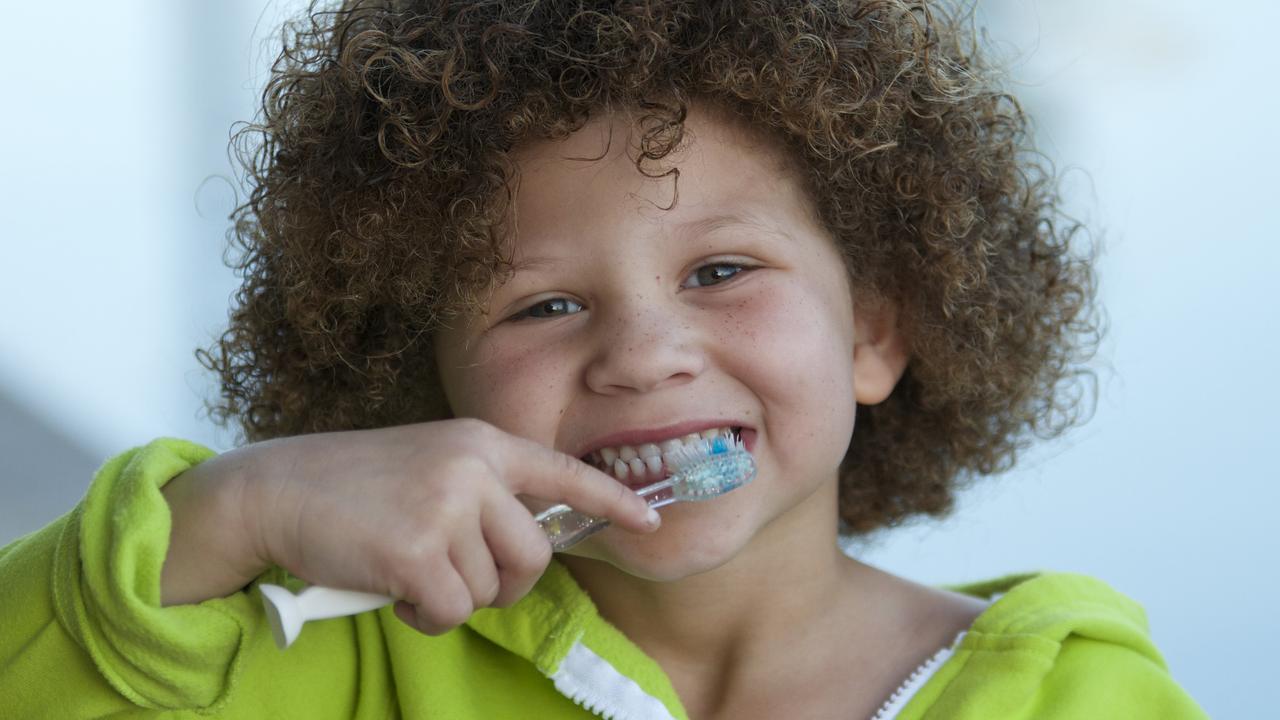
READING LEVEL: GREEN
About 50 years ago, dentists started noticing something special about Australian children. Their teeth were getting stronger.
From the 1960s and 1970s, fluoride* – a substance proven to strengthen teeth – was being added to the drinking water of cities and towns across the country. This process is called “fluoridation”.
The natural mineral, found in plants, rocks and water, was also being added to toothpaste.
The impact on the dental health of Aussie kids was dramatic.
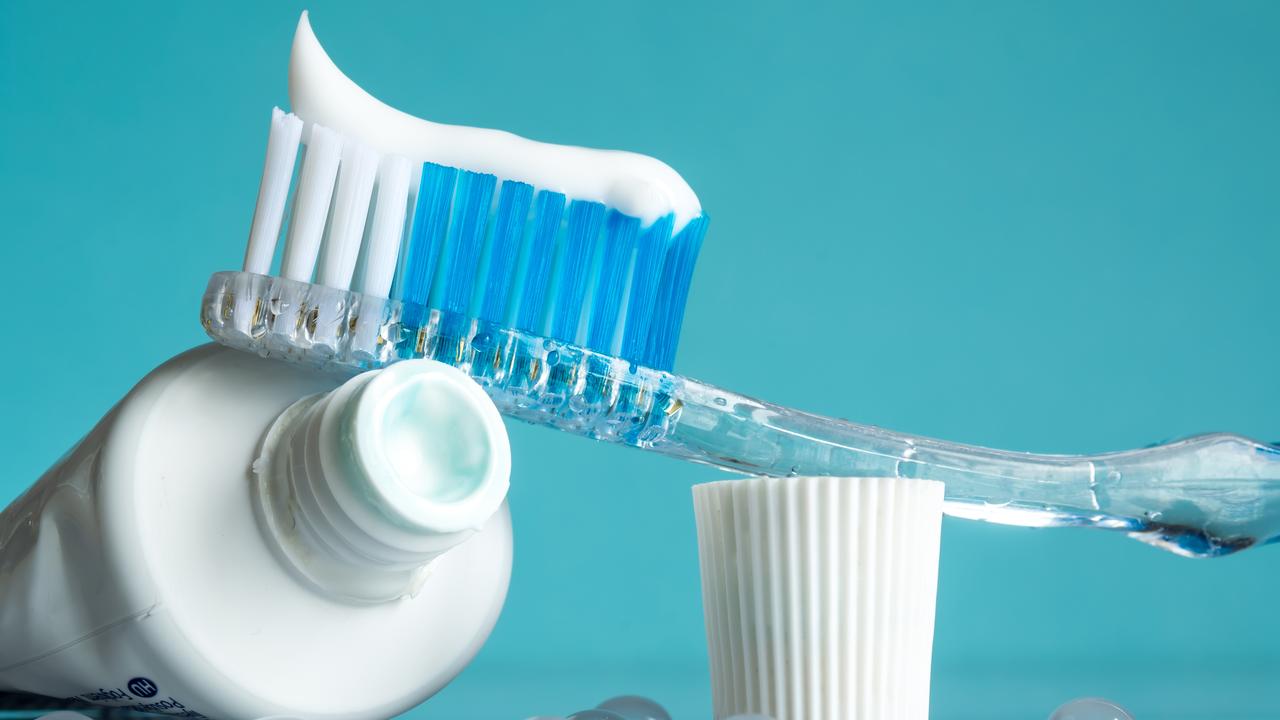
Children born in Australia after 1970 were found to have about half the level of tooth decay* as their parents’ generation. This meant fewer children were getting holes – known as cavities or caries – in their teeth. They were less likely to need fillings* or, in some extreme cases, have teeth removed.
“Dental health improved until around 2000, mostly due to fluoridated water and the widespread use of fluoridated toothpaste,” said Royal Dental Hospital of Melbourne head of paediatric* dentistry Dr Daniel Andreasen-Cocker.
But then something changed.
There has been little evidence of kids’ teeth getting healthier and stronger since the turn of the century, and some paediatric dentists, like Dr Andreasen-Cocker, report seeing more cases of tooth decay.
And experts are all pointing to one big problem – too much sugar.
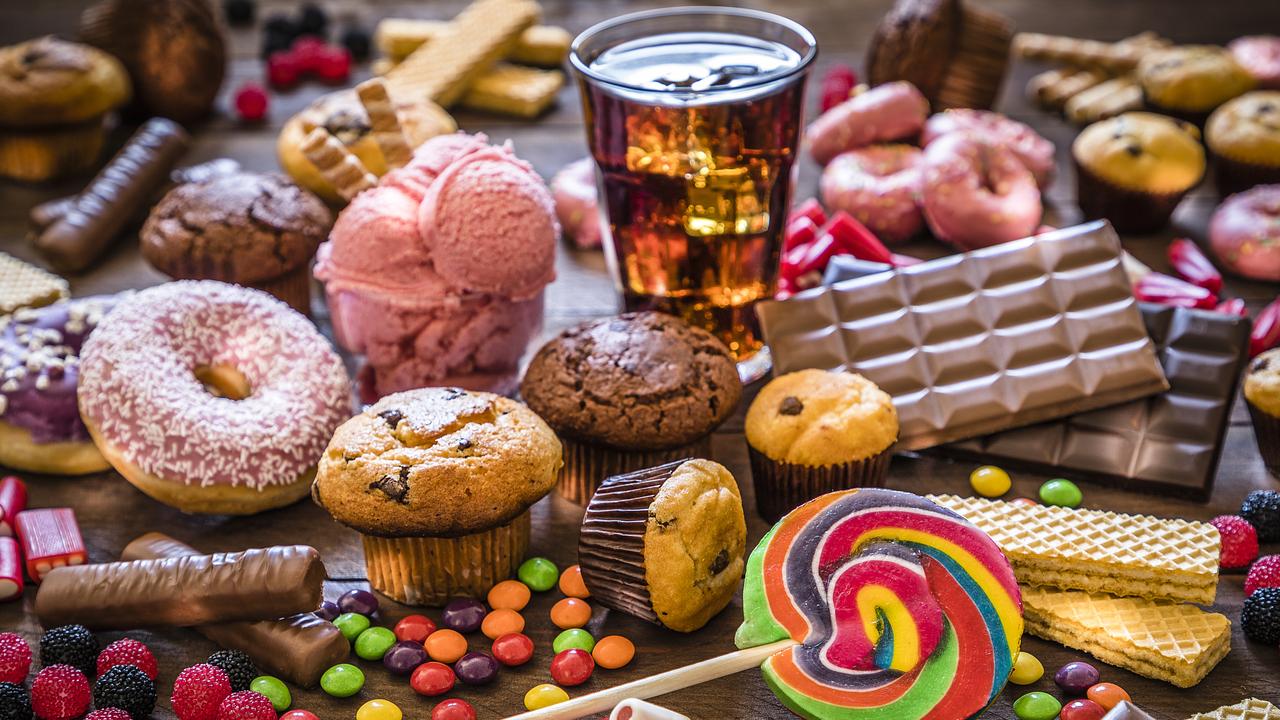
Sweet foods and drinks, the major cause of tooth decay, are now far more available than they were decades ago.
The sugary snacks and fizzy drinks that were rare “treats” when your parents and grandparents were at school have today become “every day” foods for some families.
“People aren’t born with bad teeth, they get bad teeth because of sugar,” says Dr Andreasen-Cocker.
Tooth decay is not only bad for your mouth, including your ability to smile and eat properly, poor dental health can also cause much broader problems, and can even increase the risk of diabetes*, heart disease, Alzheimer’s disease* and some cancers in adulthood.
“Good dental health really is important for overall health,” he said.
But the good news is that by learning a little more about teeth and dental health, and getting into good habits early, you can help protect your teeth for life.
DON’T FORGET YOUR ‘BABY’ TEETH
Humans have two sets of teeth over their lifetime. The first set, called deciduous* – or “baby” teeth – normally has 20 teeth. Baby teeth start falling out at about age six and are gradually replaced by the second set of teeth – the permanent* ‘adult’ teeth. By about age 12, most children have all of their adult teeth, except for the third molars (or wisdom teeth). There are 32 adult teeth.
Dr Andreasen-Cocker says it’s important to look after your baby teeth as well as your adult teeth.
“Baby teeth are important for smiling and chewing healthy foods, and the back ones guide your adult teeth into the right position,” he said. “These back teeth don’t fall out until age 11 or 12.”
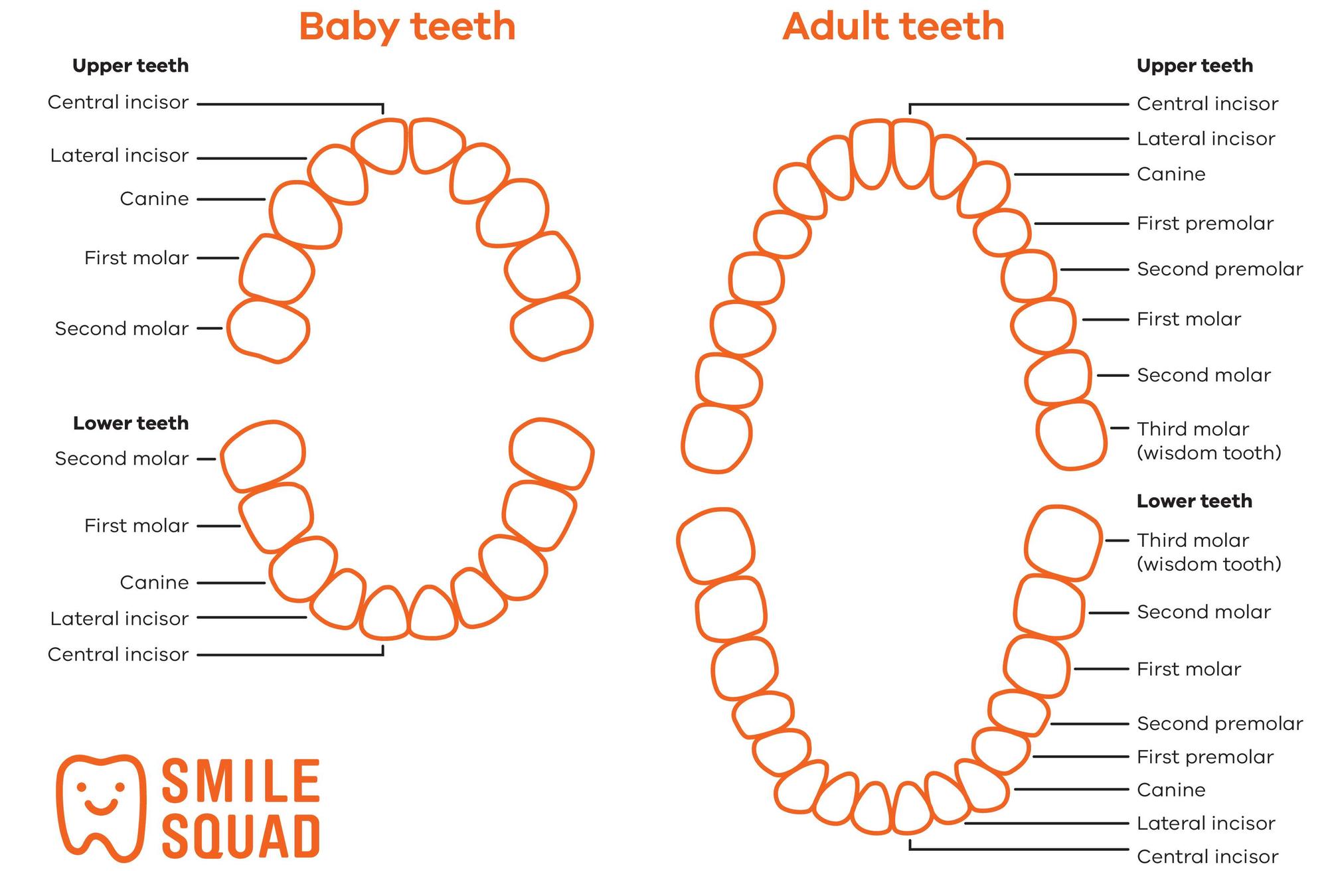
DIFFERENT TEETH, DIFFERENT JOBS
Teeth help us to eat, working together to break food into smaller pieces. Different teeth have different shapes so they can perform specific roles.
- The incisors at the front of the mouth, bite together like a pair of scissors.
- Canine teeth are pointy, making them good at tearing up food.
- Premolars help crush food.
- Molars, at the back of the mouth, have flatter surfaces to grind* your food.
WHAT CAUSES TOOTH DECAY?
Dental plaque is a sticky film that forms on teeth. It’s made up of bacteria*, food and saliva*. When the sugars you eat or drink mix with the bacteria in the plaque on your teeth, they produce acids. These acids damage the tooth surface (enamel) and can lead to decay.
Brushing twice a day helps prevent the build-up of plaque and can clean your mouth of sugars.
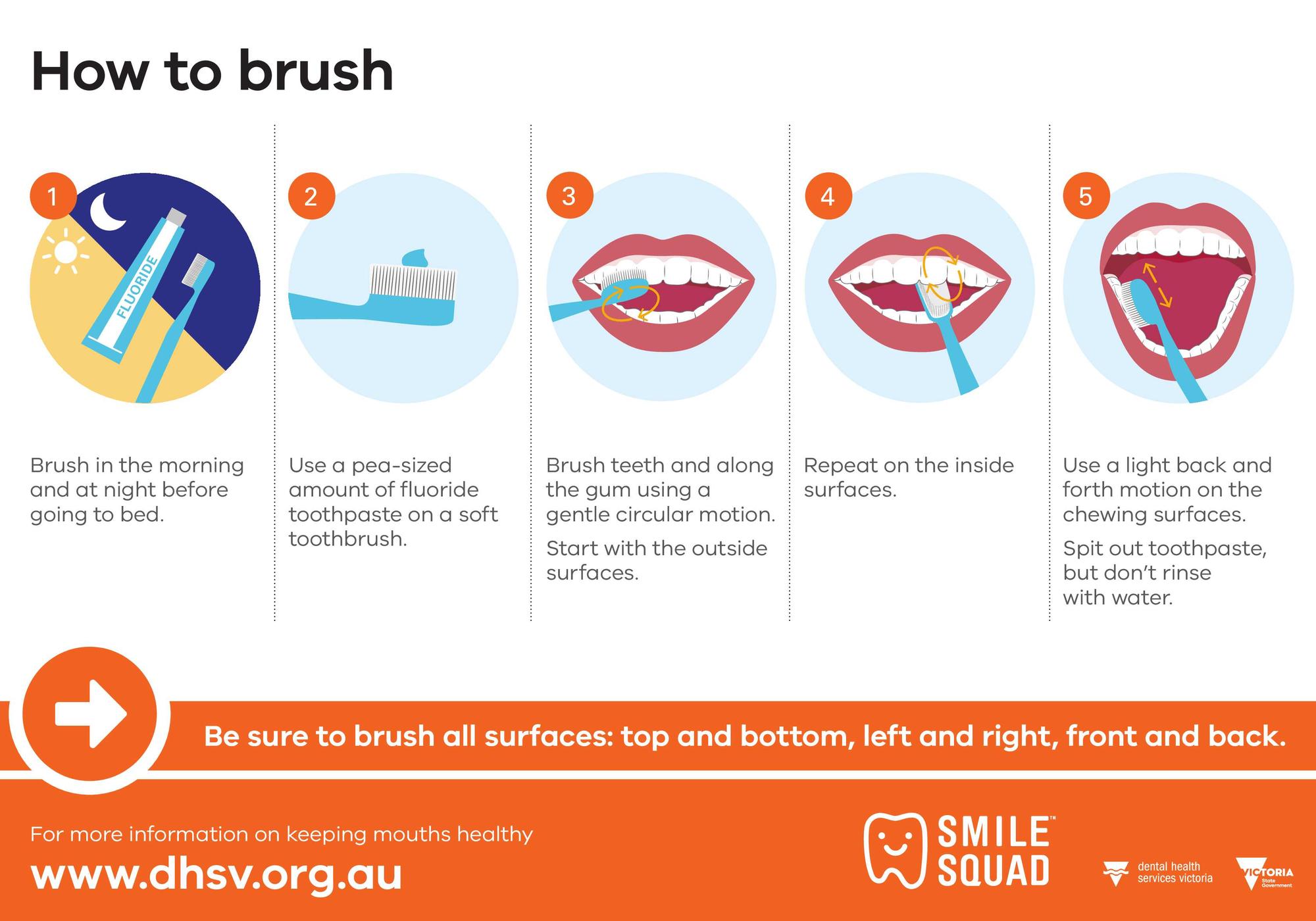
GOOD FOOD = GOOD TEETH
It’s important to eat a variety of healthy foods. When you can, choose fresh foods instead of processed* foods, and limit sugary foods and sweets.
It’s a good idea to think about “every day” foods and “sometimes” foods.
Foods you should be eating every day include:
- Fruit (fresh or frozen)
- Vegetables (raw, steamed and grilled)
- Grains, breads and cereals
- Cheese or plain yoghurt
- Lean meat, chicken, fish, lentils, baked beans, tofu and eggs
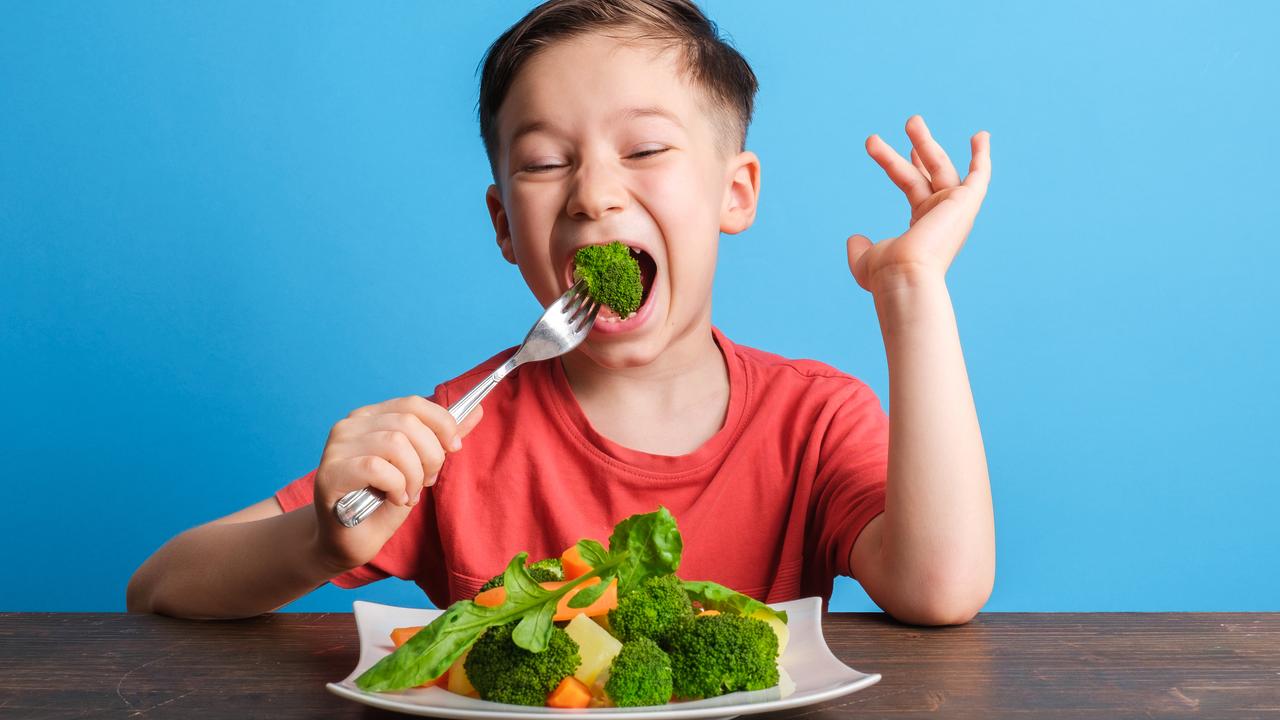
These foods should only be eaten “sometimes”:
- Fruit, muesli and snack bars made from breakfast cereals
- Sweet biscuits, cakes and doughnuts
- Chocolates, lollies and lollipops
- High-sugar spreads like honey, hazelnut and jam
- Ice cream and dairy desserts
- Dried fruit
“Fresh food is always best,” said Dr Andreasen-Cocker. “Eat a piece of fruit rather than a glass of juice. If you’re feeling hungry, savoury foods are better than sweet foods.”
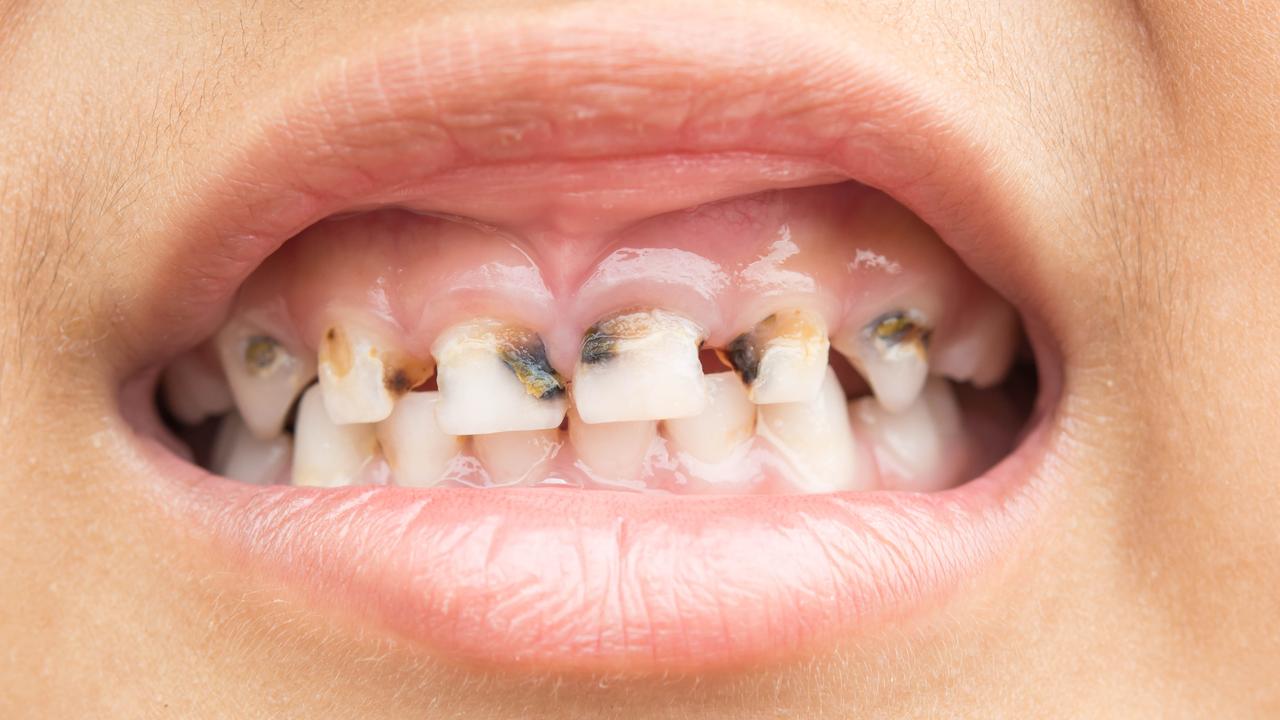
TAP INTO WATER
What you drink is just as important as what you eat.
“The most important thing is to drink tap water and avoid sweet drinks, including soft drinks, flavoured milk, energy drinks, cordials and even fruit juice,” said Dr Andreasen-Cocker.
“Drinking water with meals and snacks will help strengthen your teeth.”
SAY YES TO MOUTHGUARDS
Dr Andreasen-Cocker recommended* wearing mouthguards for contact sports.
“Mouthguards are important to protect your teeth from injury in any sport that may result in an injury to the face,” he said. “This includes sports like basketball or soccer where an opponent’s elbow may accidentally cause an injury.
“Custom-made* mouthguards are best because they are more comfortable, fit better and protect better.”
Source: Dental Health Services Victoria
WHY DO SOME KIDS NEED BRACES?
There are lots of reasons why children may need braces, but the most common is to straighten crooked teeth.
Because we only get one set of adult teeth, looking after them includes making sure they are sitting in the right positions in our mouth so they function properly and are not easily damaged.
Certain tooth and bite problems can only be easily corrected in a growing child. Later in life, these problems may require surgery or other time-consuming, costly procedures.
Braces work by putting pressure on your teeth to slowly move them in a planned direction. The bone under them changes shape, too.
Orthodontists are the specialist dentists who fit braces.
Orthodontics Australia says every child should be checked to see if they might need for braces from about the age of seven, but often braces won’t be fitted until the child is aged in their teens.

Some common reasons kids may need braces include:
- Crossbite: where the teeth at the top and bottom don’t line up properly and can cause worn and chipped teeth and jaw pain
- Impacted tooth:when the tooth does not push through the gum
- Thumb sucking: If kids are doing this from age 7 it can cause tooth movement
- Permanent teeth may be growing in the wrong spots
- Underbite: when the lower jaw sits forward of the upper jaw
- Openbite: when the front teeth don’t touch.
- Deep bite: when the top teeth in front overlap the bottom teeth excessively
- Overbite: where the front teeth on top stick out too far
- Severe crowding of teeth
Source: Orthodontics Australia
POLL
GLOSSARY
- fluoride: a natural mineral, found in plants, rocks and water
- decay: a process of slowly losing quality, strength, or health
- fillings: when a substance ‘fills’ in part of a damaged tooth
- paediatric: relating to children
- diabetes: a disease that occurs when your blood glucose, also called blood sugar, is too high. Glucose is your body’s main source of energy
- Alzheimer’s disease: a brain condition that makes it harder to remember even basic stuff
- deciduous: something that falls out or off
- permanent: lasts forever or for a very long time
- grind: to reduce to powder or small fragments
- bacteria: small organisms, or living things, that can be found in all natural environments
- saliva: spit
- processed: been through a process, not made naturally
- recommended: suggested strongly
- custom-made: made for a particular individual
QUICK QUIZ
1. What is fluoridisation?
2. In which decades was it introduced into Australia?
3. How many baby teeth and adult teeth do we have?
4. What causes tooth decay?
5. Name three reasons why a child might need braces.
LISTEN TO THIS STORY
CLASSROOM ACTIVITIES
Kids News has produced a free Health of the Nation education workbook full of classroom activities to support the information and expert advice in this series.
It has been crafted by one of our expert Kids News teachers and complements the information in these education kit articles.
Sign up to the free Kids News weekly newsletter HERE to access the education workbook plus more news and initiatives.
EXTRA READING
PART 8: Benefits of walking and how to host your own school walkathon
